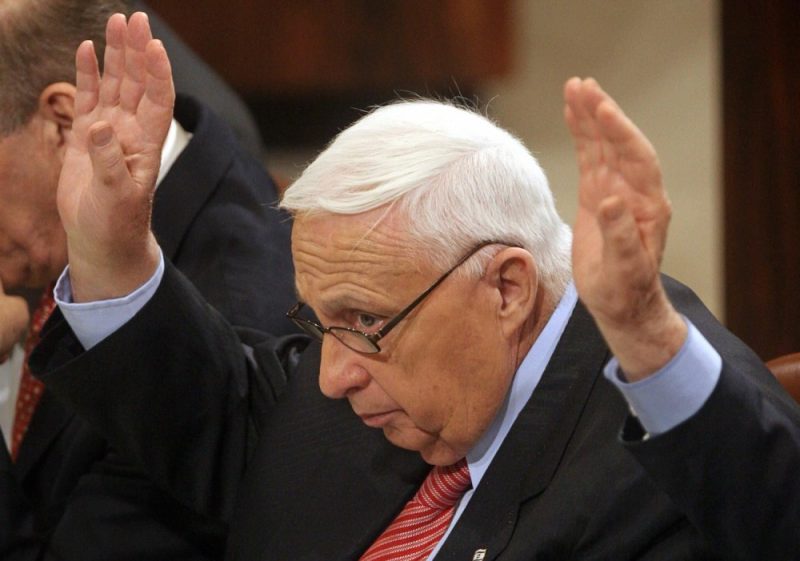
The Israeli disengagement from Gaza, a pivotal moment in the region’s history, is often overlooked by the international community. Yet, for Israelis, the memory remains potent, shaping their political landscape and perspectives on security in profound ways. Successive polls consistently reveal a growing belief among Israelis that the disengagement, while intended to improve security, has had the opposite effect. This perception, deeply ingrained in the Israeli consciousness, significantly influences their political choices and attitudes towards conflict resolution.
The initial intent behind the disengagement was to reduce friction and violence. By withdrawing Israeli settlements and military presence, the hope was to create a more stable environment. However, the reality on the ground has been far more complex. The rise of Hamas, the subsequent rocket attacks, and the ongoing blockade have fueled a sense of vulnerability and insecurity among Israelis. This perception of failure has fueled a significant shift in political discourse, shaping the priorities and strategies of successive governments.
This isn’t merely a matter of hindsight bias. The tangible consequences of the disengagement are evident. The security situation along the Gaza border remains volatile, and the threat of escalation is ever-present. This constant anxiety contributes to a prevailing sense of insecurity that impacts Israeli society in numerous ways – from daily life anxieties to long-term strategic planning.
The disengagement’s legacy highlights the complexities of conflict resolution in the Middle East. It serves as a stark reminder that even well-intentioned attempts at peace-building can yield unintended and negative consequences. Understanding this nuanced perspective is crucial for anyone attempting to analyze the Israeli-Palestinian conflict and future peace initiatives. The disengagement, far from being a forgotten footnote, remains a powerful and ongoing narrative in the Israeli experience, shaping political realities and continuing to influence the trajectory of the region.
The ongoing debate surrounding the disengagement underscores the need for a more comprehensive understanding of the conflict’s complexities and a more nuanced approach to conflict resolution. It’s a topic ripe for further discussion and analysis, and one that continues to shape the political landscape of the region.










